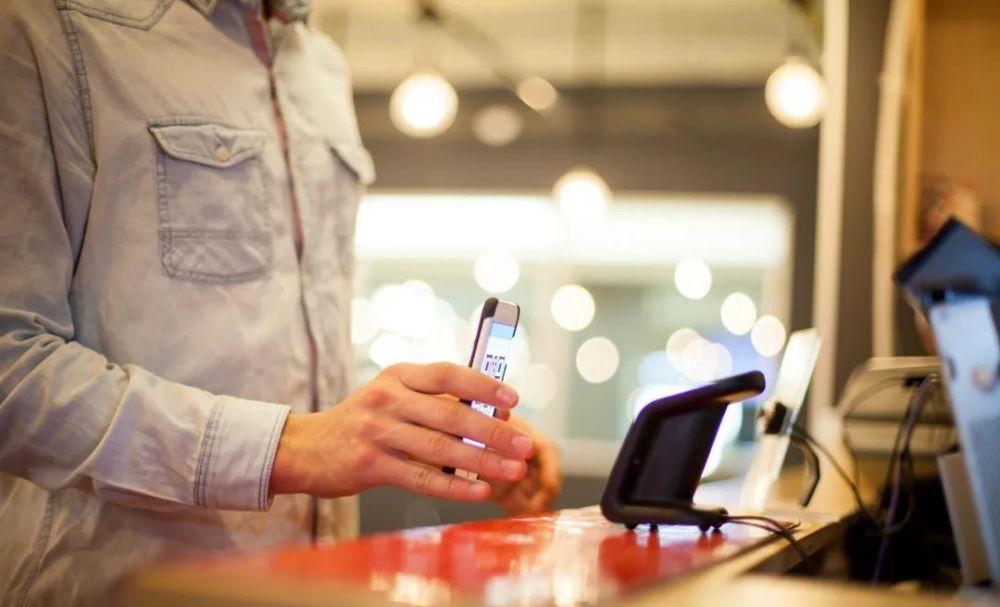Dot blue words to follow "CCTV News"
With the rapid development of mobile payment, we can easily "pay" by simply "scanning the code" or "brushing our faces". So, what security issues need to be paid attention to in mobile payments?
China UnionPay, together with 17 commercial banks and related payment institutions, launched the 2021 Mobile Payment Security Survey in September last year, and released the investigation report on January 25, 2022. Let's take a look at the report
Where do I use the most mobile payments?
Feedback data from the interviewees shows that mobile payment has basically covered the main consumption scenarios of people's lives.
Among them, the more active are large and medium-sized physical merchants in shopping malls, convenience stores and catering; public payment (water, electricity, coal, network fees, etc.); small physical stores such as small vendors, vegetable farms, fruit shops; transportation travel (subways, buses, taxis, planes, trains, etc.); comprehensive e-commerce platforms, etc., with the coverage rate of the surveyed population exceeding 60%.
In addition, in 2021, the community group buying business continued to show an expanding trend, with the proportion of respondents increasing by 11% to 29%, and urban residents benefiting more, accounting for 31%.

Biometrics and passwords
Which mobile payment verification method is more commonly used?
Among the mobile payment verification methods, biometric methods such as fingerprints and brushing faces have the highest recognition, and their usage rate has exceeded that of digital password verification methods.
From the perspective of age, people over the age of 45 prefer password payment methods, and people under 45 years old prefer fingerprints, face brushing and other biometric methods, especially 75% of young people aged 18-24 use biometric verification methods, which is nine percentage points higher than the average.
About 30% of the respondents used dynamic verification codes to verify identities, of which 35% were 46-55 years old, 6 percentage points higher than the average.
What are your risky behaviors in the mobile payment process?
The survey found that among all mobile payment risk behaviors, the highest proportion of the population was "setting the payment password to the same password", which was the same as last year (26%). The second is "in the face of a two-dimensional code with preferential promotional words will try to sweep" (22%), compared with last year's increase of 7%, of which the college student group is particularly worthy of attention, the risk behavior of the population accounted for 28%.
In addition, the proportion of individual risk behaviors also has an upward trend, such as the habit of setting "remember password, automatic login" when logging into websites or apps.
The survey found that mobile payment users have an average of 2 unsafe mobile phone usage behaviors or habits, and the proportion of users who perform well (users who indicate no risky behavior) is 32%.
note! Prevent "fraud" to do these three "no"!
No!
-- Do not participate in the illegal act of buying, selling, or lending "bank cards".
Do not buy, sell or lease your mobile phone cards, personal bank cards, corporate accounts and settlement cards, as well as third-party payment platform accounts such as WeChat and Alipay to criminals.
-- Consciously resist virtual currency activities.
In mainland China, virtual currency is not allowed to be issued on and off the counter. However, cases of illegal fund-raising, fraud and pyramid schemes using virtual currency are new types of cybercrime, and there are situations where it is difficult to prove and trace. Investors must be vigilant not to invest in areas they are not familiar with; remember that "pie will not fall from the sky" and do not be deceived by greed.
- The elderly should not trust the various types of information they receive.
For the elderly to prevent fraud, the most timely detection and dissuasion role is mainly for relatives and children. It is suggested that when the elderly group encounters strange telephone calls and involves matters such as transfer and remittance, they should contact their families in time and report the relevant process, and if they cannot get in touch temporarily, they can consult the public security organs and community neighborhood committees.
▌Source of this article: CCTV News WeChat public account (ID: cctvnewscenter)